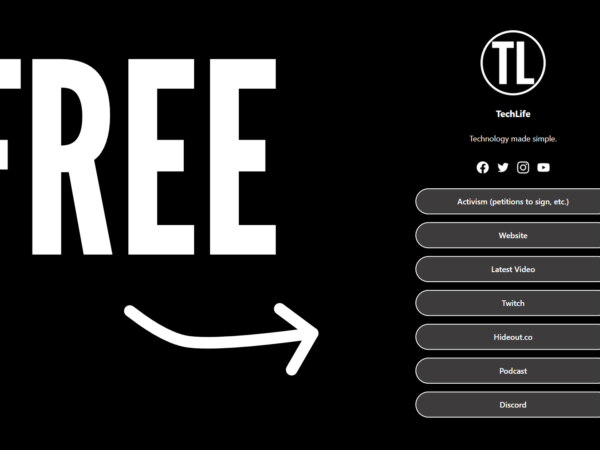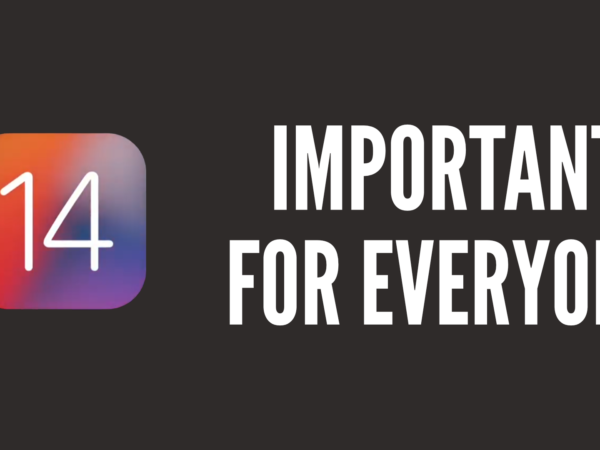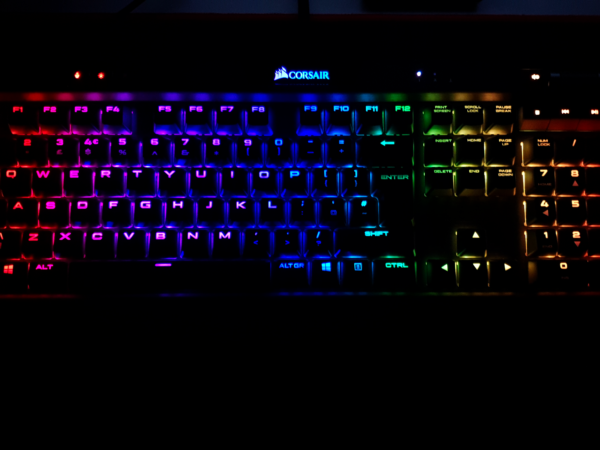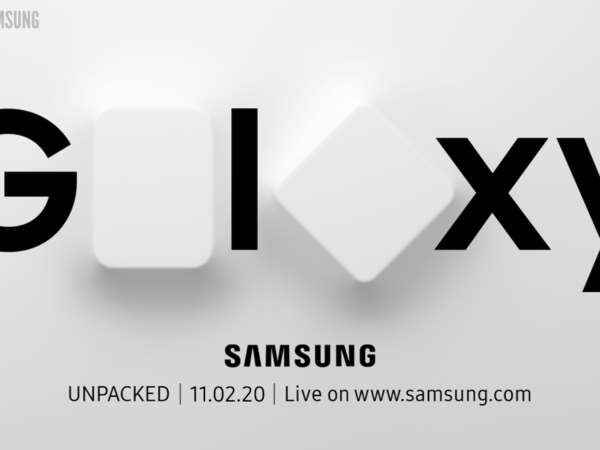2012 Instagram hoax TRICKS celebrities

Another day, another hoax. A few days ago, many Instagram celebrities, politicians and regular users fell for an Instagram privacy hoax from 2012.
The hoax, sporting a light blue background, low quality, clearly replaced text and poor English, describes how a new Instagram privacy policy change allows Instagram to “use your photos,” and that “everything you’ve ever posted becomes public from today.” The hoax claims that by simply reposting the image, you can avoid this new privacy policy. The thing is, reposting an image is not legally binding, therefore Instagram is not obliged to do anything that the hoax is stating, and that you’ve already agreed to the royalty-free use of your images, as you will read later.
I honestly don’t know how celebrities or politicians fell for this one. Surely they must’ve had to sign contracts in the past and they would know what one looks like. Anyway, looks aside, let’s take a deeper look into what the hoax is saying.
The hoax states that Instagram can “use your photos”. This is a very broad statement. They do not state how they can “use your photos”, or in which scenario, and so on. It’s not specific enough on a legal standpoint. Nowhere in the Instagram privacy policy can this mystery clause be found, however in the Terms of Use, you can see this:
We do not claim ownership of your content, but you grant us a license to use it.
Nothing is changing about your rights in your content. We do not claim ownership of your content that you post on or through the Service. Instead, when you share, post, or upload content that is covered by intellectual property rights (like photos or videos) on or in connection with our Service, you hereby grant to us a non-exclusive, royalty-free, transferable, sub-licensable, worldwide license to host, use, distribute, modify, run, copy, publicly perform or display, translate, and create derivative works of your content (consistent with your privacy and application settings). You can end this license anytime by deleting your content or account. However, content will continue to appear if you shared it with others and they have not deleted it. To learn more about how we use information, and how to control or delete your content, review the Data Policy and visit the Instagram Help Center.
However, although this sounds scary, it’s unlikely that they will actually use it. The wording in all of them sounds very similar, and that’s because many companies use the same legal companies to write their Terms of Service and Privacy Policy, and they simply insert these clauses as to be “better safe than sorry” (as stated in the hoax.) Because if a big social media company slips up, the watchdogs come down hard. Instagram is not the only company to have this clause in their Terms of Service. You can find it in these big social media platforms’ ToS:
- Facebook (obviously)
Specifically, when you share, post or upload content that is covered by intellectual property rights on or in connection with our Products, you grant us a non-exclusive, transferable, sub-licensable, royalty-free and worldwide licence to host, use, distribute, modify, run, copy, publicly perform or display, translate and create derivative works of your content (consistent with your privacy and application settings). This means, for example, that if you share a photo on Facebook, you give us permission to store, copy and share it with others (again, consistent with your settings) such as service providers that support our service or other Facebook Products you use.This licence will end when your content is deleted from our systems.
By submitting, posting or displaying Content on or through the Services, you grant us a worldwide, non-exclusive, royalty-free license (with the right to sublicense) to use, copy, reproduce, process, adapt, modify, publish, transmit, display and distribute such Content in any and all media or distribution methods (now known or later developed). This license authorizes us to make your Content available to the rest of the world and to let others do the same. You agree that this license includes the right for Twitter to provide, promote, and improve the Services and to make Content submitted to or through the Services available to other companies, organizations or individuals for the syndication, broadcast, distribution, promotion or publication of such Content on other media and services, subject to our terms and conditions for such Content use. Such additional uses by Twitter, or other companies, organizations or individuals, may be made with no compensation paid to you with respect to the Content that you submit, post, transmit or otherwise make available through the Services.
from Twitter’s Terms of Service for users outside the United States
- Snapchat
Many of our Services let you create, upload, post, send, receive, and store content. When you do that, you retain whatever ownership rights in that content you had to begin with. But you grant us a license to use that content. How broad that license is depends on which Services you use and the Settings you have selected.
… and the list goes on. So, if you’re concerned that a company will use the content you upload to their sites, you have to delete your account, or else they have the legal grounds to. By creating an account, you accepted their Terms of Service, and so you accepted this clause.
The hoax also says that “Even messages that have been deleted or photos not allowed [can still be used].” Nowhere in the Privacy Policy or Terms of Use does it state that it uses your messages, and in the contract you signed by creating an account, you cannot disallow the use of a photo without deleting it or your account.
So, it’s clearly fake. There’s no need to panic, unless you’re still concerned about this usage clause. If you’re still concerned, I would recommend watching Optimus’ video on YouTube about this royalty-free clause in many companies’ ToS. And to all posting this notice- think a little?











